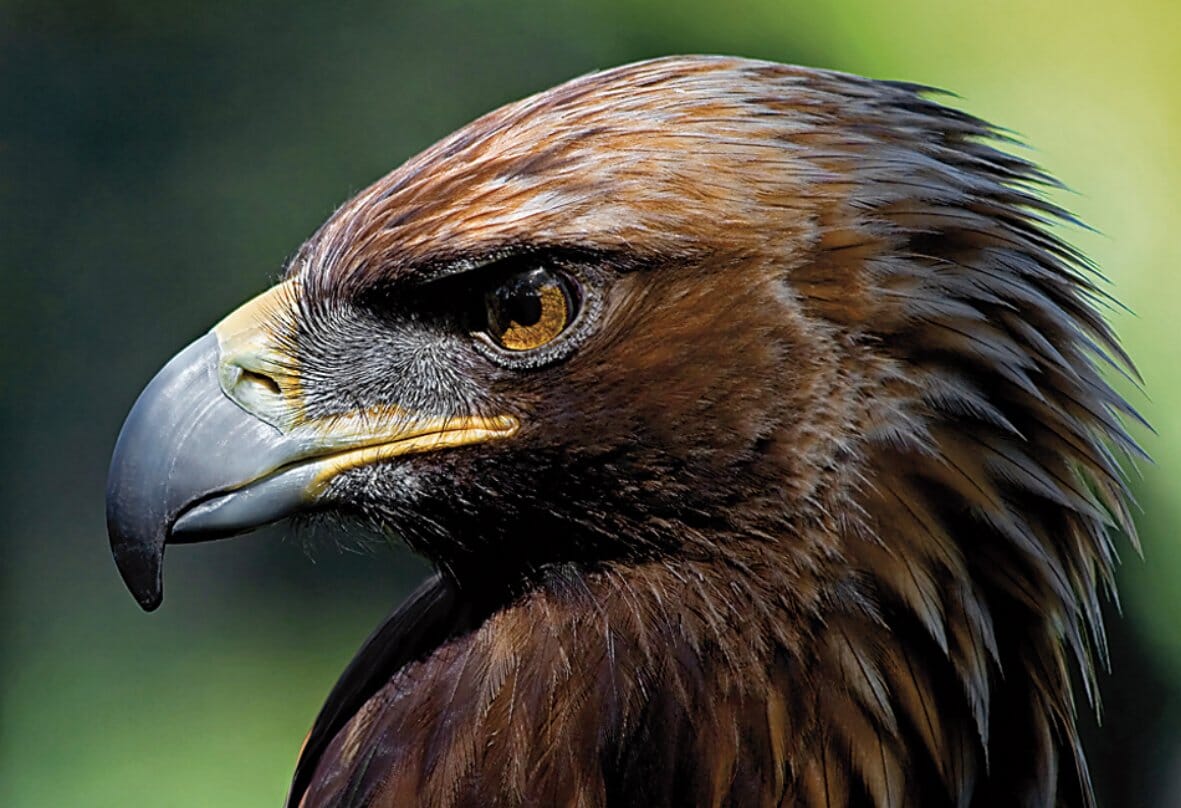Natural Habitat
"The cork oak forests, Montado in Portuguese, are living ambassadors of sustainability and a driving force of sustainable development. They play a crucial role in the world’s ecological balance, fighting climate change and desertification, and sustaining biodiversity.
Over 200 animal species and 135 plant species, some of them endangered, find their preferred habitat in the cork oak forest. Because it’s biologically rich and varied, but also extremely vulnerable, the cork oak forest is one of the world’s 36 biodiversity hotspots, on a par with Amazonia and the African Savanna.
In the Mediterranean basin, cork oak forests occupy an area of over 2,2 million hectares. In more than one way, they are the lung of the region. Because they are crucial to maintain a fragile ecological balance, but also because they play a decisive role in shaping a unique social, economic and cultural landscapes."

Social Habitat
"Portugal produces nearly 50% of worldwide cork production. Allowing people to live from the land - the WWF estimates that around 100 thousand people in Southern Europe and North Africa directly or indirectly depend on cork oak forests - they are an important social and economic pillar, a perfect example of the balance between preserving the environment and sustainable development.
This amazing natural environment is, in fact, interdependent with human activity: a wide range of agricultural, forestry, and economic activities, from grazing to the cork and wine industries, are based in cork oak culture. Cork harvesting, one of the best paid agricultural jobs in the world, is both a unique cultural heritage, passed from one generation to the next and a strategic economic activity."

Environmental Contribution
"At the heart of this forest is a millenary tree, characterized by its extraordinary resilience and adaptability: the cork oak. One of the most generous and resilient trees in the world, it is evident that no other tree has given so much while taking so little.
With a well-developed root system, evergreen branches, and a robust trunk armed with a protective cork layer, cork oaks are perfectly adapted to the warm climate and arid soil of the Mediterranean basin. In fact, by promoting the infiltration of rain and preventing soil erosion, cork oak forests play an important role in the regulation of the hydrological cycle, protect against erosion and fight desertification.
Cork oak forests also make a significant contribution to the quality of the air we breathe and the future of the planet as a powerful agent against climate change. A cork oak tree lives for up to 200 years. In its lifetime, it becomes a massive storehouse of CO2, reducing greenhouse gas emissions, the main cause of climate change.
Every year, cork oak forests absorb up to 14 million tonnes of CO2, and this ability to retain carbon dioxide is passed on to manufactured cork products, including cork stoppers, which continue to ensure this critical function. What's even better, during the natural regeneration process that follows harvesting, the tree's ability to absorb CO2 increases up to five times. The more it is harvested, the more it protects the environment."

Primal Soles is here to set an example of how sustainable business can be done, of how sustainable business should be done. We must start thinking beyond the product life cycle. In fact, we must start thinking beyond our very own life cycle. One thing is for sure, our future generations will thank us for it.




